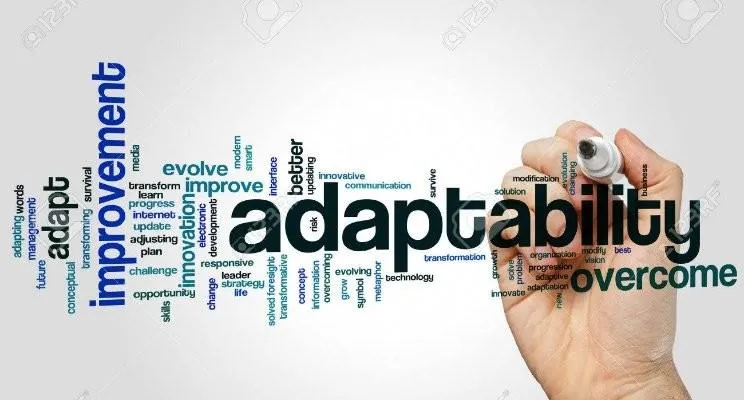Blog Posts

Emotional Intelligence and Suicide Prevention: Understanding and Supporting Mental Well-being
Emotional intelligence is more than just understanding and managing our emotions; it is about recognizing and empathizing with the emotions of others. When it comes to suicide prevention, emotional intelligence becomes a crucial tool in identifying and supporting...

Importance of Adaptability Intelligence in Today’s Workforce
In a rapidly changing world, adaptability has become an essential trait for individuals and organizations alike. With the advent of new technologies, evolving consumer preferences, and shifting market dynamics, the ability to adapt quickly has become a critical factor for success. This holds true across all industries and sectors, making adaptability intelligence a highly sought-after skill in today’s workforce.
What exactly is adaptability intelligence, you might ask? It refers to the capacity to adjust and thrive in the face of change. It encompasses not only the ability to learn and acquire new knowledge but also the willingness to embrace new ideas and approaches. In essence, it is about being flexible, open-minded, and responsive to the ever-evolving demands of the marketplace.
One of the primary reasons adaptability intelligence is becoming increasingly important is the rapid pace of technological advancements. With each passing day, new technologies emerge, disrupting traditional business models and revolutionizing industries. Companies that fail to adapt to these changes risk becoming obsolete, while those that embrace and leverage technological innovations gain a competitive edge.
Moreover, the COVID-19 pandemic has highlighted the significance of adaptability intelligence like never before. The global crisis has forced organizations to pivot their operations, adopt remote work setups, and find innovative ways to connect with customers. Businesses that were able to adapt swiftly to the new normal were able to survive and, in some cases, even thrive during these challenging times.
Adaptability intelligence is not solely limited to organizations; it has also become a vital trait for individuals. Job security is no longer guaranteed, and individuals must be prepared to navigate a rapidly changing job market. With automation and artificial intelligence increasingly encroaching on traditional job roles, individuals who possess adaptability intelligence are better equipped to navigate career transitions and find new opportunities.
So, how can individuals and organizations develop adaptability intelligence? Here are a few strategies:
1. Embrace a Growth Mindset: Adopting a growth mindset allows individuals and organizations to see challenges as opportunities for growth rather than insurmountable obstacles. It encourages a culture of continuous learning and improvement, fostering adaptability.
2. Foster a Culture of Innovation: Encourage experimentation and creative problem-solving within your organization. By fostering a culture of innovation, you create an environment where employees feel empowered to suggest and implement new ideas and approaches.
3. Invest in Training and Development: Provide employees with the necessary training and development opportunities to enhance their skills and stay ahead of industry trends. This not only benefits individuals but also ensures your organization remains competitive in a rapidly changing landscape.
4. Promote Collaboration and Cross-Functional Teams: Encourage collaboration and create cross-functional teams within your organization. This allows for the sharing of diverse perspectives and expertise, fostering adaptability and driving innovation.
In conclusion, adaptability intelligence has become a vital skill in today’s fast-paced and ever-changing workforce. Both individuals and organizations must embrace this trait to remain relevant and thrive in the face of constant change. By fostering a culture of adaptability, investing in training and development, and staying abreast of industry trends, you can ensure long-term success and remain competitive in a rapidly evolving world.






